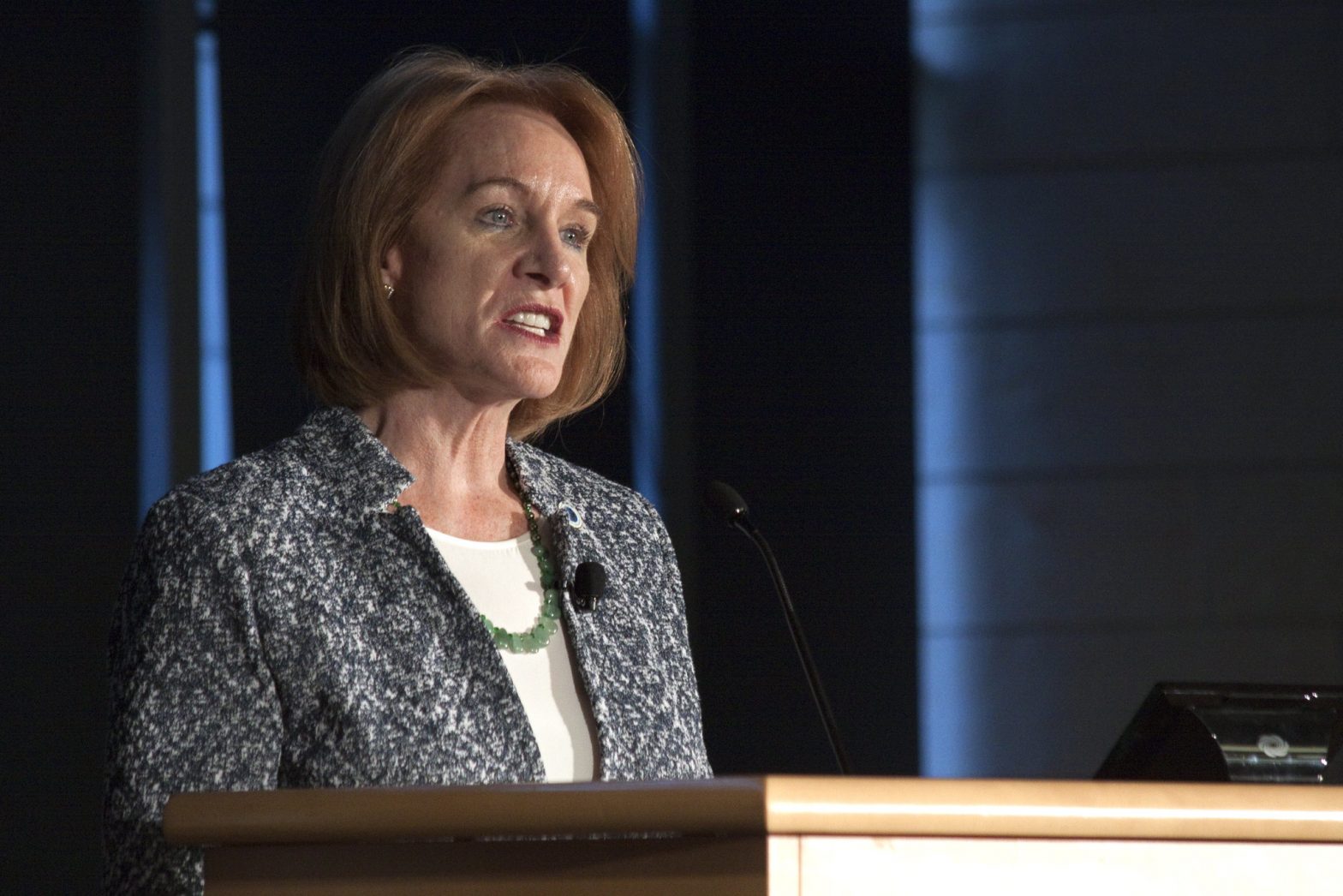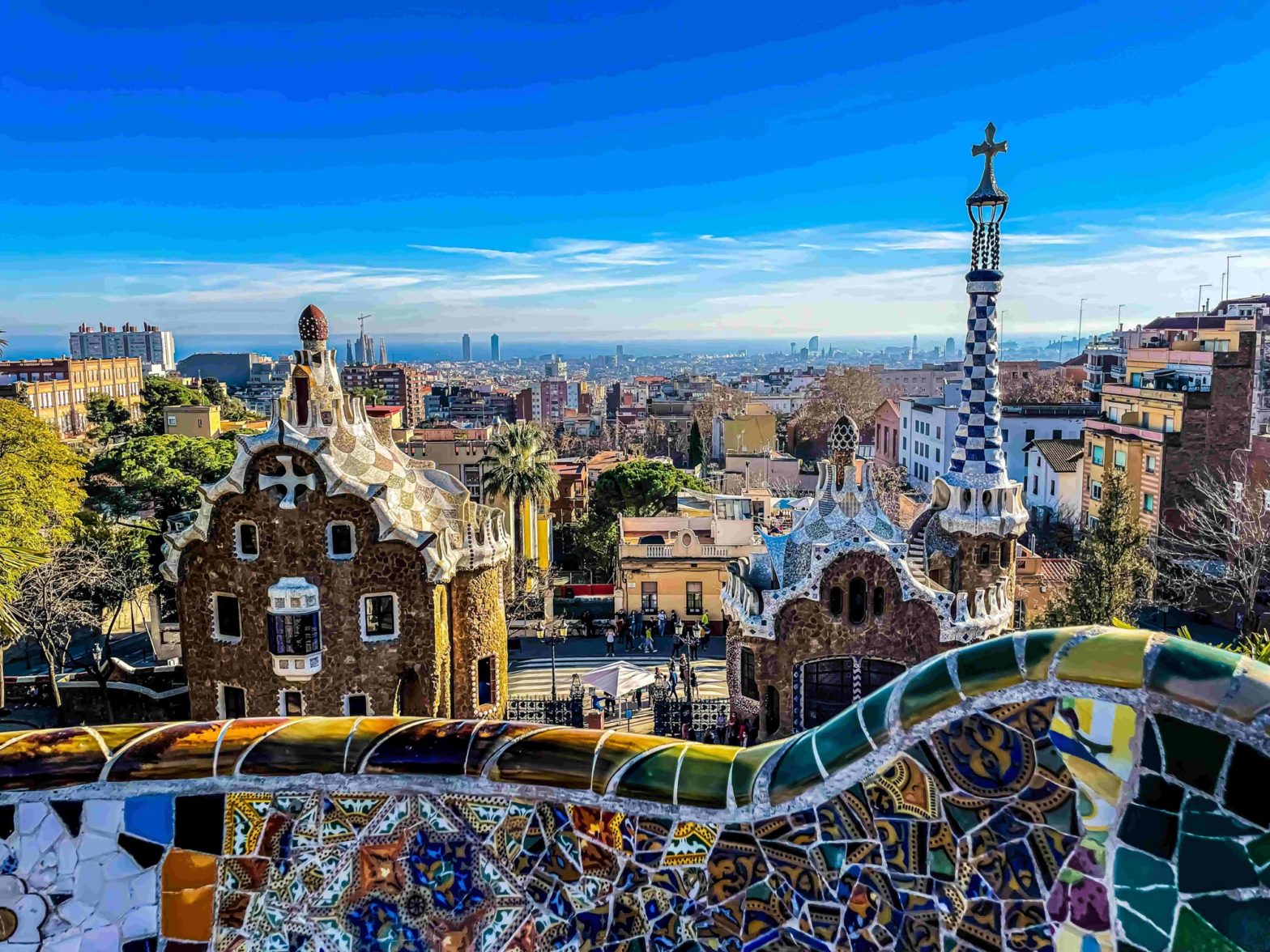
Photo: Kevin Schofield
Seattle passes minimum wage for rideshare drivers
30 September 2020
by Sarah Wray
Seattle City Council has unanimously passed a new minimum pay standard for drivers of transport network companies (TNCs) such as Uber and Lyft.
Seattle is the second city in the US to guarantee a minimum compensation threshold to drivers, following a similar initiative in New York which passed in 2018.
Under the ordinance, which will take effect from January 1, drivers will be guaranteed compensation that is equivalent to Seattle’s large employer minimum wage plus reasonable expenses, meaning they will now earn at least US$16.39 per hour.
Specifically, the ordinance guarantees that drivers will be paid an additional US$0.56 per minute and US$1.33 per mile driven while transporting passengers.
Fare Share
The move is part of Seattle Mayor Jenny Durkan’s Fare Share programme, which includes a tax per ride on Uber and Lyft, used for investment in affordable housing and public transport.
Mayor Durkan said: “Despite the economic challenges our city faces right now, Seattle will continue to be a national leader in ensuring our workers are treated fairly. The pandemic has exposed the fault lines in our systems of worker protections, leaving many front-line workers like gig workers without a safety net.”
She added: “It is more important than ever that we add to the economic resilience of our community of drivers. The Fare Share plan guarantees that drivers will receive fair pay and can provide for themselves and their families.”
“Deeply flawed”
A spokesperson for Lyft told Cities Today: “The City’s plan is deeply flawed and will actually destroy jobs for thousands of people — as many as 4,000 drivers on Lyft alone — and drive rideshare companies out of Seattle.” They added that the New York law led to 10,000 fewer drivers on Lyft and a situation where the only way to ensure all drivers remain above minimum wage was to limit the number of drivers on the platform.
Uber echoed the concerns, highlighting a letter that Caleb Weaver, Uber’s Head of Public Affairs, US West, sent to Seattle City Council on September 14 ahead of the vote.
It said the policy in New York has led to fewer work opportunities for drivers and higher prices for riders, and urged Seattle to consider alternatives. The letter stated: “Uber may have to make changes in Seattle because of this new law, but the real harm here will not be to Uber. People need work and reliable transportation options. Uber will continue to provide both of these services wherever we can, as we currently do in thousands of cities in dozens of countries around the world. It is the drivers who cannot work and community members unable to complete essential travel that stand to lose because of the ordinance.”
To calculate the payment amounts, the city commissioned research from James Parrott from The New School and Michael Reich of the University of California Berkeley. The study found that drivers in Seattle were making US$9.73 an hour after expenses, well below the Seattle minimum wage. However, separate research by Cornell University, commissioned by the ride-hail companies, arrived at a figure more than double that.
The city also engaged directly with over 11,000 drivers through focus groups, roundtables and a telephone town hall, a statement said.











